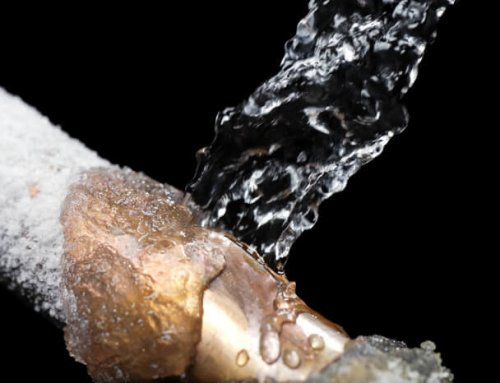
Private Mortage Insurance, or the more commonly referred to PMI, is a type of mortgage insurance that protects your lender in case you default on your loan. If you choose to finance your home’s purchase using a product that requires less than a 20% down payment, it is likely your lender will require PMI. PMI will increase your overall monthly mortgage payment. Instead of having your loan’s principal, interest, taxes, and homeowner’s insurance, which typically make up a mortgage payment, you will have a PMI added to this amount as well.
The average cost of private mortgage insurance for a conventional loan has a big range of .55% to 2.25% of the original loan amount per year. If you finance using an FHA, USDA, or VA loan product, they will all have different PMI requirements. There are ways that you can potentially lessen the overall amount you’ll pay, such as paying the private mortgage insurance in a single premium or split premium, but you should discuss this with your lender. As the lender is the primary benefactor of this insurance, it’s in your best interest to look at loans that reduce or eliminate it.
Depending on the loan you use, once you pay your mortgage down 80% or less of your home value, you may have the opportunity to ask your lender to drop the requirement for private mortgage insurance. This can also apply if your home’s value appreciates to the point that you owe 80% or less of your home’s value. Besides requiring that you owe 80% of your home’s value or less, you must also have paid PMI for a period of time. FHA loans used to require that you have PMI for five years, but now the standards say that FHA loans keep PMI for the life of the loan no matter how much you’ve paid your loan down.
If a homebuyer doesn’t have the funds for a 20% down payment, it’s possible to avoid PMI by taking out two loans. You would take a smaller loan (typically at a higher interest rate) to cover the amount of the 20% down, plus the main mortgage. This practice is commonly known as piggybacking. You could also extend your timeline for purchasing a home and save up to 20%. If you have another source of funds, such as a gift from a relative, that may be an option as well. Lenders have restrictions and requirements for items like this, so it’s important to communicate your plans with them and be upfront about your loan’s financial aspects.
Primary mortgage insurance is a requirement levied by your lender if you put less than 20% down on your home purchase. Because PMI has no direct benefit to the buyer, it’s important that you work with your lender, real estate agent, or any other knowledgeable source to lessen its impact on your monthly payment.



